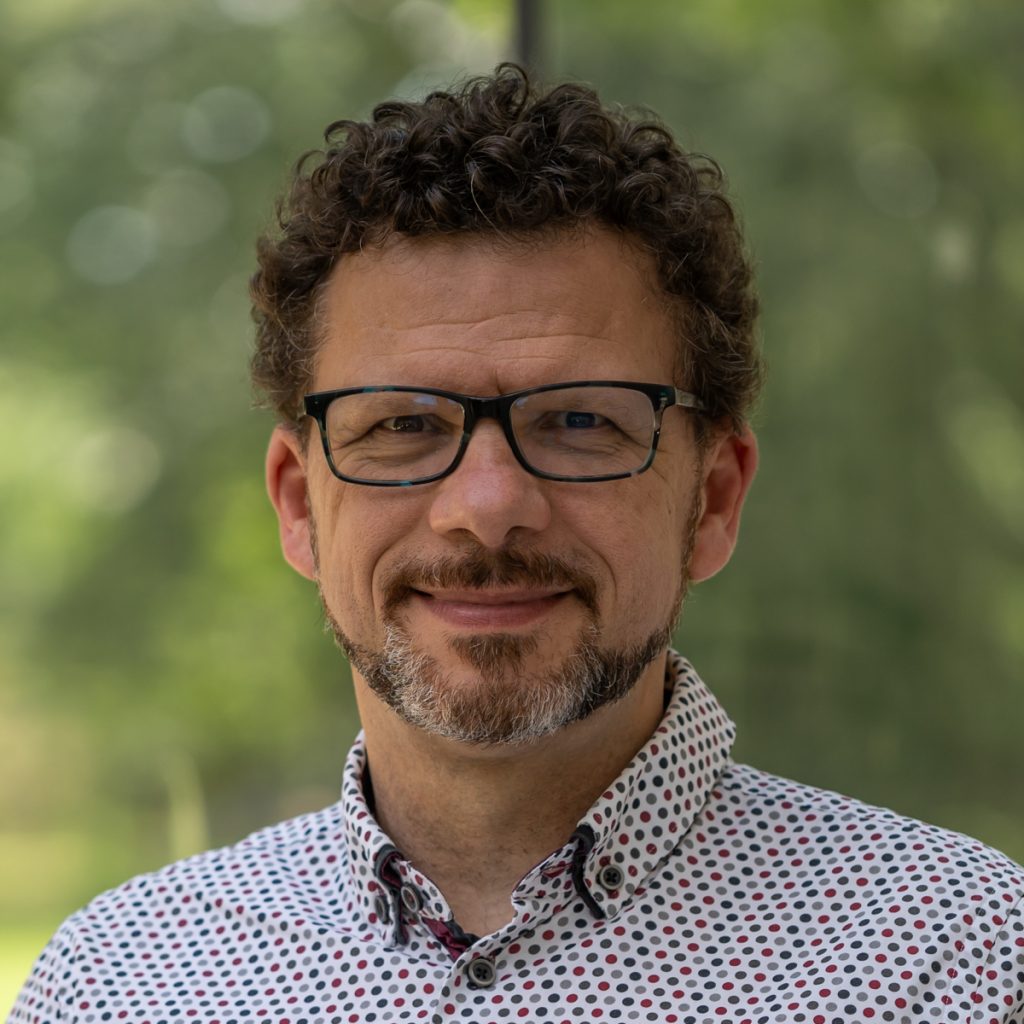“Being low carbon is not enough to be clean & sustainable”
We talked about nuclear energy and gas with negaWatt expert Yves Marignac
With the current energy crisis and the many discussions around the costs of the transition and the security of supply that followed, we have assisted to a come back of nuclear energy in the media and political discourse, presented yet again as THE solution to decarbonise our energy supply. I asked a few questions to Yves Marignac, long time non institutional expert on energy and nuclear issues in France and Europe and spokesperson and technical advisor for the French Association négaWatt.

Yves Marignac contributed to the 2022 négaWatt scenario for France. He is supporting the ongoing work led by négaWatt on a sufficiency-based European scenario.
Picture Credits: négaWatt
We have heard more and more discussions on the necessity of “a mix of energy” including nuclear energy and gas to reach our decarbonisation objectives. Belgium for example is even revaluating its previously announced nuclear exit. Why do you think that happened?
YM: As exemplified by French President Macron’s plan France 2030, who calls for the country to “produce more”, national policies are still framed by the 20th century productivist culture: while trying to cope with the climate emergency, they are still in denial of the more systemic and deep nature of the ecologic and social crisis. They tend to focus on technological options rather than the need for societal change, therefore prioritizing the growth of low carbon energy supply over the reduction of energy demand, with two major consequences: first, this requires more decarbonised energy, so even though renewables are much more competitive and efficient than new nuclear, we still have political room for nuclear and less concerns are expressed for its specific risks. Second, as illustrated by Belgium, this creates a lock-in effect, as the lack of anticipation and action on the demand side makes it more difficult to phase out existing nuclear reactors with no climate impact.
In the scenario for 2022 published by negaWatt, energy sufficiency has a key role. Yet, despite the concept is becoming quite popular in France, we don’t hear about it so much in other EU countries, where often the discussion focuses mostly on energy efficiency & technology. Do you agree?
YM: The negaWatt scenario for France is based on sufficiency, as a collective action on the services we draw from energy resources. We aim at a level of services that satisfies everyone’s individual need for a decent life while keeping global demand within planetary boundaries. This proves to be a key feature to meet climate objectives while reducing our environmental footprint, bringing social justice, and building international solidarity, in line with UN sustainable development goals (SDGs).
Yet we are still faced with a reluctance to develop sound sufficiency policies. This obviously lies in some productivist and consumerist cultural background. And there is a vicious circle, where the lack of recognition of sufficiency feeds the lack of policies and vice-versa: against some evidence, policymakers and economic leaders trust technology-oriented policies much more than sufficiency-oriented ones. This is even more true on the European level, which is why we are working, with a strong network of partners, to build an ambitious, sufficiency-based scenario for Europe to raise awareness about this crucial issue.
Some of the EU member states, including France, insist that nuclear energy should be classified as a clean energy source. What are your thoughts on that?
YM: In its 2018 report on 1.5°C trajectories, IPCC insists that any action to reduce CO2 emissions should seek for synergies with other sustainability issues. Its review of scientific literature shows that, among 23 options it considered, existing or advanced nuclear power has the least positive impact on SDGs altogether. The specific risks of nuclear power have limited its development: after 70 years, it never contributed to more than 3% of the world final energy consumption. It is much less shared and shareable than renewables: being low carbon is not enough to be clean and sustainable.
The systemic approach developed by négaWatt to make our energy system more sustainable address energy use issues through sufficiency, technical performance challenges through efficiency and promotes the substitution of resources. We consider that flow-based resources, like renewables, are intrinsically more sustainable than stock-based ones, which include fossil fuels and nuclear power. Our scenarios demonstrate that, through action on demand, shifting to 100% renewables is possible.
Let’s talk about biogases – the current piece of resistance of the gas industry. At Energy Cities we are aware their level of sustainability might vary greatly depending on the feedstock used. Do you think it should/could have a role in local transitions?
YM: To achieve a complete phase out of fossil fuels, we have three main levers at our disposal: reducing demand, electrification (with renewable electricity), and replacing fossil fuel combustion by biomass combustion. Discarding the latest makes the overall challenge harder, but it is true that cautious implementing conditions are key to make it sustainable.
We think that contrary to biofuels, biogas – together with synthetic gas that could be obtained through green electricity – is a key option, especially to contribute to transport decarbonisation instead of relying on electric cars and trucks alone. However, for the biogas to be sustainable, it should come from co-products or waste from agriculture, according to what is locally available. This would contribute to making the energy transition an opportunity for economic development in the concerned territories.

